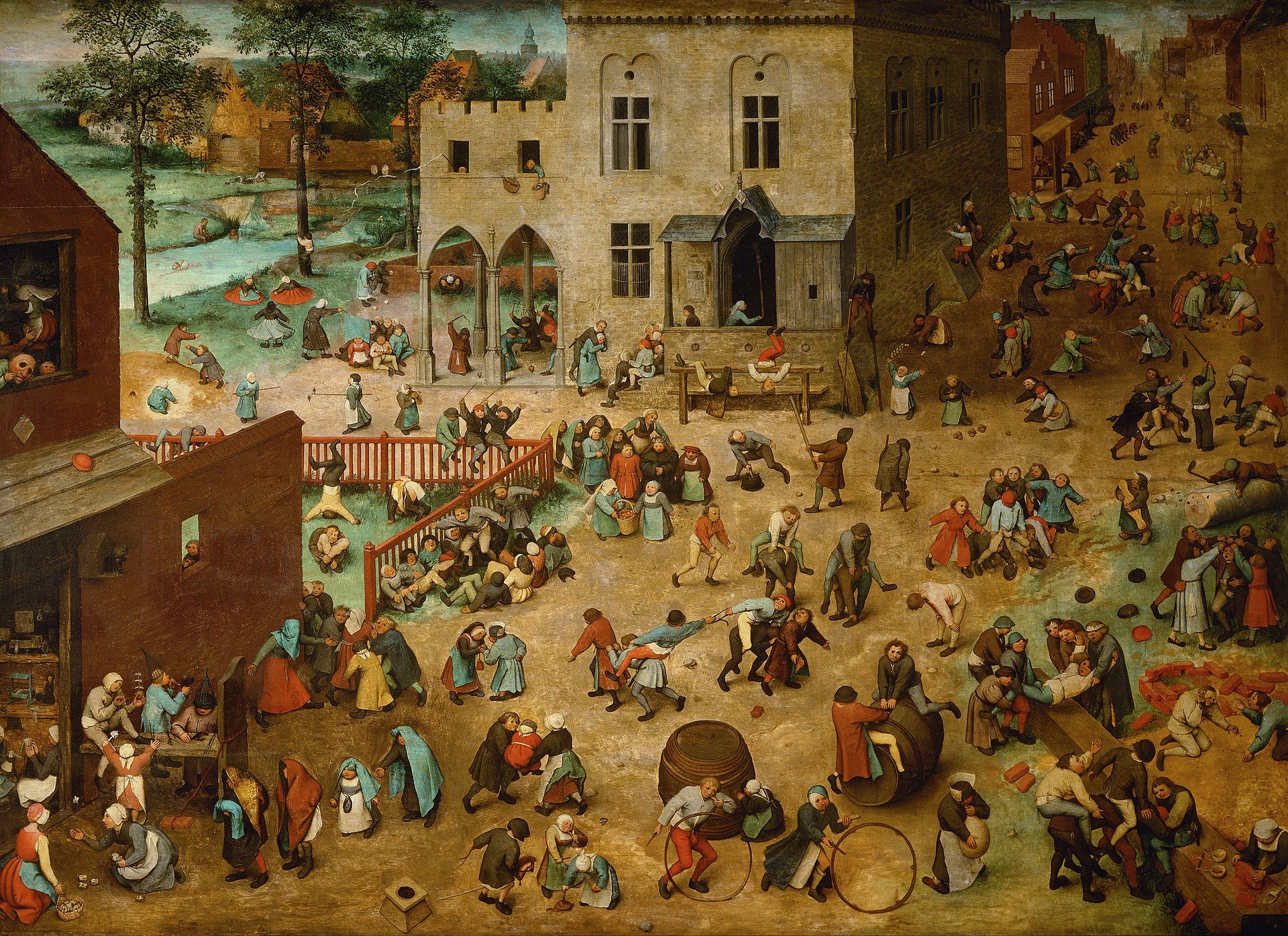Traditional Art
From dabblers to masters, obscure to popular and ancient to futuristic, this is an inclusive community dedicated to showcasing all types of art by all kinds of artists, as long as they're made in a traditional medium
'Traditional' here means 'Physical', as in artworks which are NON-DIGITAL in nature.
What's allowed: Acrylic, Pastel, Encaustic, Gouache, Oil and Watercolor Paintings; Ink Illustrations; Manga Panels; Pencil and Charcoal sketches; Collages; Etchings; Lithographs; Wood Prints; Pottery; Ceramics; Metal, Wire and paper sculptures; Tapestry; weaving; Qulting; Wood carvings, Armor Crafting and more.
What's not allowed: Digital art (anything made with Photoshop, Clip Studio Paint, Krita, Blender, GIMP or other art programs) or AI art (anything made with Stable Diffusion, Midjourney or other models)
make sure to check the rules stickied to the top of the community before posting.
view the rest of the comments

IWTYO when I learned Netherlandish was a real word! https://presearch.com/search?q=netherlandish
Thanks :)
Hey, anything is a word if enough people use it.
Nabreya 👍